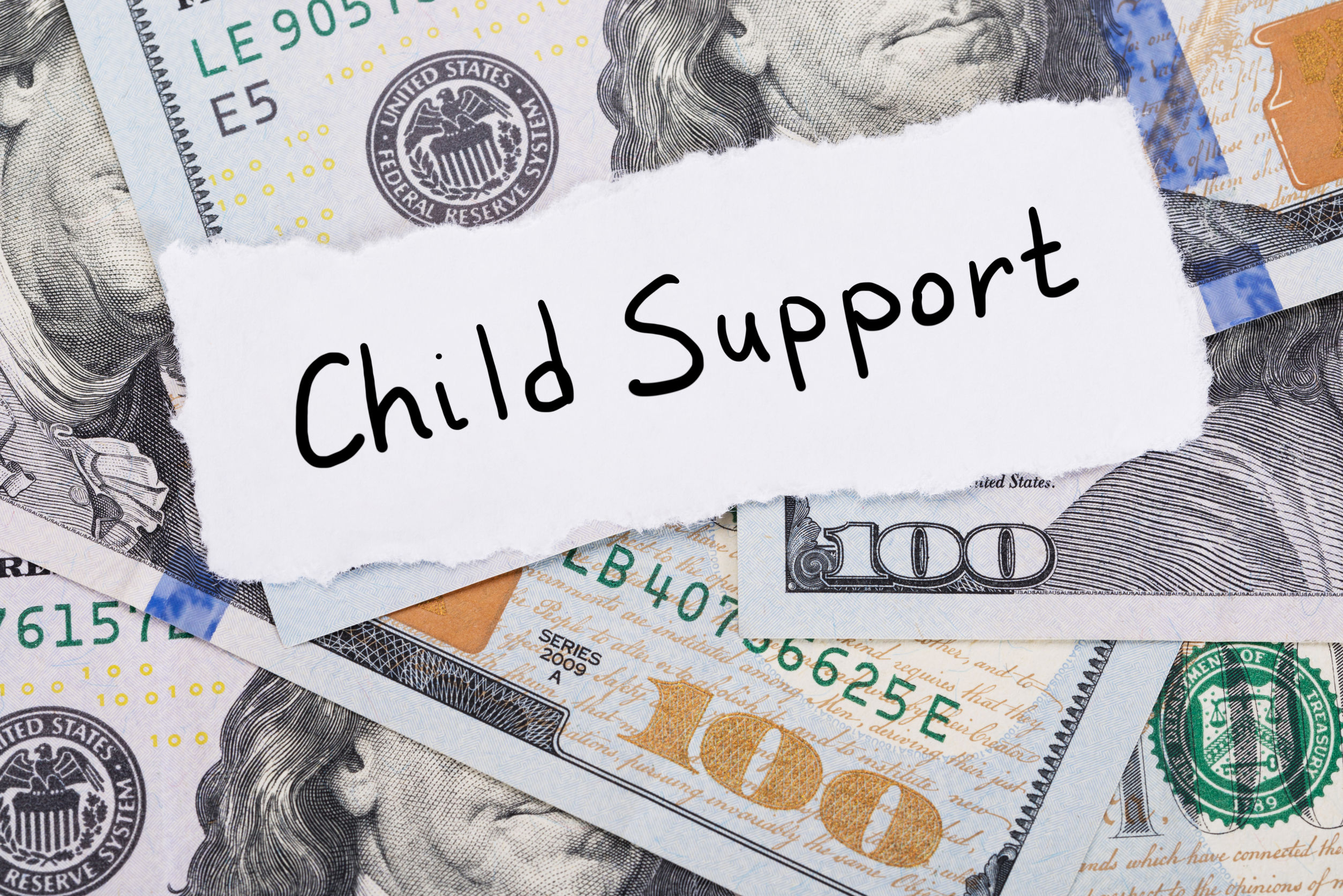
14 Apr COVID-19: Child Support Arrearages & The CARES Act
By: Robert Greenberg –
The recent outbreak of COVID-19 in the United States has placed us all in a set of unusual – and often challenging – set of circumstances. While the wide-ranging effects of COVID have been felt by many, the unsettling nature of this virus is perhaps felt most deeply by parents. Parents are being challenged now more than ever to ensure not only the health and safety of their children, but also the financial stability of their household. For many parents, child support payments are critical to sustaining this financial stability. The CARES Act has important consequences both for parents who are owed child support and for those who have accumulated arrearages.
On March 27, 2020, the President signed into law the Coronavirus Aid, Relief, and Economic Security Act, otherwise known as the ‘‘CARES Act.” The CARES Act aims to provide financial assistance to individuals and businesses alike in the wake of the current COVID-19 outbreak. For individuals, the Act provides direct payments of up to $1,200 per person and $2,400 for married couples.[1] Individuals and couples whose adjusted gross incomes amount to $75,000 and $150,000 per year, respectively, are eligible to recover these full amounts. The sums incrementally decrease for individuals and couples whose earnings surpass those thresholds but do not exceed $99,000 and $198,000 per year, respectively. Additionally, the Act provides for parents to receive $500 for each “qualifying” child, who are currently considered to be any dependent under the age of seventeen (17) years.[2] It is worth noting that following the enactment of the CARES Act, certain legislation known as the All Dependents Count Act(H.R.6420) was introduced which seeks to expand the definition of a “qualifying” child under the CARES Act. However, as of the date of this writing, that legislation has not been passed into law and the original text of the CARES Act remains in effect.
With the above framework in mind, parents who pay child support should be aware that their CARES Act payments may be offset (reduced) by any child support arrearages which they owe and have been reported to the Treasury Department. Typically, such arrearages are tracked through the Maryland Child Support Administration (CSA), which also has the ability to withhold federal and state tax refunds for arrearages owed by the indebted parent. If the Maryland CSA has reported arrearages to the Treasury Department, the indebted parent’s CARES Act payment may be greatly reduced or withheld entirely, based on the amount owed. The authority of the federal government to withhold such payments is derived from the Debt Collection Improvement Act of 1996, which authorizes the Secretary of the Treasury to collect past-due child support through administrative offset of federal payments.[3]
For custodial parents to whom the child support is owed, the CARES Act does not specifically address the process through which the intercepted child support arrearages will be paid. However, when such arrearages are intercepted from a Maryland parent’s tax refunds, the federal Treasury Department typically channels those funds to the Maryland CSA. The Maryland CSA then distributes those funds to the custodial parent to whom the child support arrearages are owed. It is likely that that same process will be employed with respect to CARES Act payments.
If you have any questions regarding child custody, support or other COVID-19 related family law issues, please contact Robert A. Greenberg, Esq., Kelly Dorsey, P.C., for a consultation today at (410) 740-8750.
[1]Coronavirus Aid, Relief, and Economic Security Act, S.3548, 116th Cong., § 2101(a) (2020).
[2]Id.
[3]Debt Collection Improvement Act of 1996, PL 104 – 134, 104th Cong. (1996); Exec. Order 13019, 61 Fed. Reg. 51,763 “Supporting Families: Collecting Delinquent Child Support Obligations” (1996).


Sorry, the comment form is closed at this time.